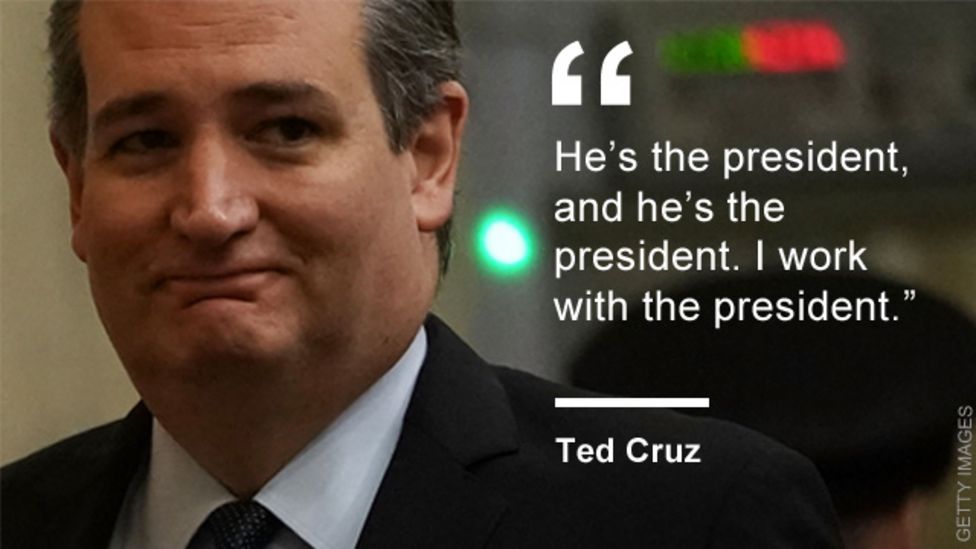

"The motivation is to give its members better chances in the election by avoiding difficult votes," Smith adds, "thereby enhancing the party's odds of retaining majority control." Smith, a professor of political science at Washington University in St. "The conventional wisdom is that a chamber's majority party gears the election-year legislative agenda to the election," says longtime congressional scholar Steven S. Ukraine invasion - explained This won't be the first State of the Union speech given during a crisis Primary voters tend to be more partisan than those who vote only in November. Asking lawmakers to do this gets harder as a primary approaches and members feel pressure to please their own party's voters. Election-year laws include the Affordable Care Act and Dodd-FrankĬonsequential legislating usually requires a lot of compromise, which means some degree of good faith bargaining and willingness to accept some political risk.

These, too, fell short in the Senate due to a wall of Republican resistance and the defection of one Democrat. All of these measures poll well among the middle-class and non-college voters Democrats are desperate to woo back.ĭemocrats would also dearly love to use this election year, and the suddenly elevated level of voter interest, to complete action on their voting rights bills. That would apply to elements of Biden's Build Back Better package addressing climate change, child care, prescription drug prices and the minimum wage. It's not just a Senate problem, however, because the House would have to approve any attempts to please those Senate holdouts by scaling back the agenda.

McConnell: Latest round between GOP heavyweights has the highest stakes yetįor now, in the latter half of the 117 th Congress, the Democrats' main problem is overcoming their weakness in the Senate, where resistance from one or two of their 50 members has deprived them of a working majority.

Congress typically decamps for much of the fall prior to the general election in November. Members in both chambers in both parties are distracted by primaries, fundraising and the demands of campaigning. There are special challenges, to be sure, but the hurdles may loom larger in lore than in reality. The variables affecting what happens in an election year are more complicated than in non-election years.īut there's no law against making laws in an election year. It's easy to point to examples of past efforts that proved fruitless as members turned their attention all but exclusively to their reelection. That means restarting the engines on a convoy of major bills now stalled shy of passage in the Senate.Īnd it means overcoming the sense that Congress cannot get much done – or at least cannot take big or politically risky steps – in an election year. But while that crisis continues to occupy center stage, the White House is hoping some of the spirit of unity it has instilled can also help revive his domestic agenda. President Biden's State of the Union address gave a lift to his poll numbers, especially on his handling of Ukraine. President Joe Biden signs the Ending Forced Arbitration of Sexual Assault and Sexual Harassment Act of 2021 into law on Thursday.


 0 kommentar(er)
0 kommentar(er)
